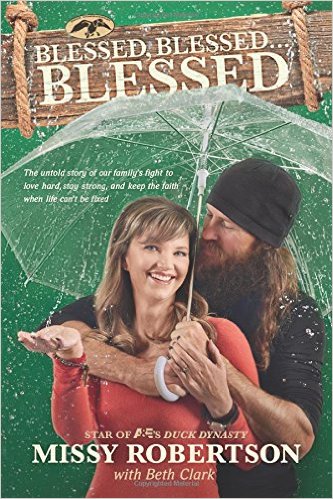My only knowledge of Fannie Flagg prior to picking up a copy of Fried Green Tomatoes at the Whistle Stop Cafe was as a panelist on the Gene Rayburn-hosted TV series Matchgame. “What, she writes, too? How cool!” I had no idea then that she had battled dyslexia or how it stalled her potential career as an author. I didn’t recall her from other TV series. I just knew she’d come out with a book I fell in immediate and permanent love with.

Here’s what I love about Fried Green Tomatoes, Ms. Flagg. I know you must have heard from so many readers through the years. I know you’ve published other books, celebrated so many milestones. But in all the years I’ve read and reread FGT, I don’t know that I ever really took time to think about why I love it so much.
It’s really so simple. You spoke to the human condition. That’s all. And it’s everything.
There’s drama and humor and romance and pain and joy in those pages. Love and hate, desire and deceit. You nailed every emotion in every situation as if you’d lived it yourself—the sweetest gift of a born storyteller—eschewing political correctness (was that even a thing when the book was written?). Words that would never cross our tongues are dropped as casually as a used handkerchief, even by those whose actions belie their basic belief in equality, because they were part of that time and that place. The South in which I was raised and have spent most of my life, that I love even as I can never escape an underlying sense of shame and embarrassment at its ugly parts, is a character as real as Idgie and Ruth and Big George and Evelyn Couch.
Oh, Evelyn. Do you know, Ms. Flagg, as I’ve aged I’ve found that I identify more with certain characters than I did at first reading. And I’m guessing I’m not alone. I wanted to be barefoot Idgie in overalls, playing hooky from school (and getting away with it) when I chafed at the bonds of being a good girl. Other times, I wanted to be “sweet to the bone,” beautiful, universally beloved Ruth. Still another day, I wanted to boogie on the wooden floor of the River Club and Fishing Camp with Eva Bates and her cronies until the rafters shook and the blue lights danced.
And then there was Evelyn Couch. Dear Evelyn, with whom I mourned when her mother’s life support was turned off, whose confusion my own soul mirrored through what we’d now call her midlife crisis. I knew what it felt like to wonder where you fit in the world, even when I was a couple of decades her junior.
So real. All of them.
But it wasn’t just your meticulous research, or your fearlessness in portraying realities of the Jim Crow South, or your no-holds-barred humor, that enticed me and so many other readers. I didn’t fully realize until I wrote this post that it was the underlying thread connecting, in some fashion, every single character who makes an appearance on the FGT stage.
Love. Just love.
Love is a pretty powerful force in the little town of Whistle Stop. At times it makes even good churchgoing folk do some drastic things. Steal. Murder. Hide a murder. Lie under oath. Oh, I’m giving away too many spoilers! No more. And even though it can’t make everything fair or right or keep hearts from breaking, it works magic—sheer literary magic, in your storytelling hands.
So thank you, Ms. Flagg. Thank you for loving those unforgettable characters as much as you did, so we could love them too.
How about you? Have you read Fried Green Tomatoes at the Whistle Stop Cafe? I’d enjoy hearing your thoughts.






